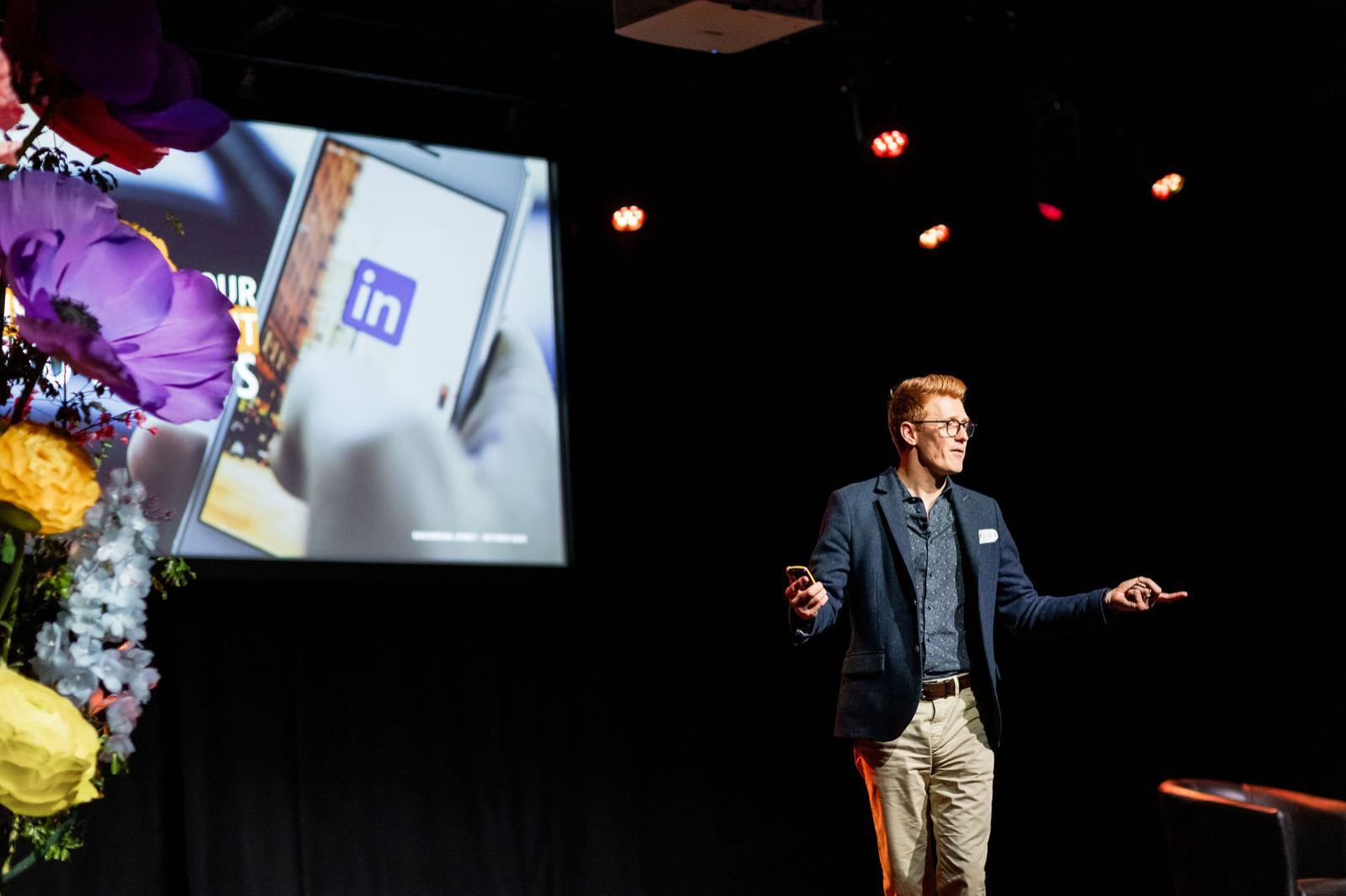Breaking Down Your Feelings About Sales: A Guide to Building Confidence and Charging More
Have you ever wondered why your feelings about sales fluctuate so much? One day you're closing deals with confidence, and the next, you're questioning your value and hesitating to pitch. That emotional rollercoaster isn’t just frustrating—it can stall your progress and hurt your income.
But here's the truth: you can learn to take control of that ride. In this post, we'll break down why your feelings about sales swing the way they do, and how to build genuine confidence that allows you to charge more—without guilt or hesitation.
Understanding Your Feelings About Sales
Sales is emotional. It’s not just about scripts and strategy—it’s also about belief. Your internal narrative matters just as much as your external execution.
The Power of Yes
Nothing beats the feeling of a “yes.” It’s a psychological dopamine hit. It validates you, proves your offer is needed, and reinforces that you’re doing something right.
But beyond the rush, every “yes” affirms your worth. The more you hear it, the more you believe in your price, your positioning, and your power.
The Downside of No
On the flip side, “no” can feel like a gut punch. And when they pile up, they begin to chip away at your confidence. You start thinking: “Is it me? Am I charging too much? Is my offer weak?”
But here’s a crucial reframe: a “no” doesn’t mean you’re not valuable. It means something about the offer, the timing, the fit—or all three—wasn’t right. It’s not personal. It’s data.
Building Confidence in Sales
Confidence isn’t a talent. It’s a skill. And it’s built through action, repetition, and self-conditioning.
Conditioning Yourself for Success
Start small. Close a few deals at a price point you feel solid about. Let those wins build the foundation of your belief. Once that foundation feels steady, raise your price slightly.
The key? Keep reinforcing the loop: propose confidently → close → believe → raise. Every success rewires your brain to feel more at ease with the next step up.
Don’t let a bad day undo weeks of progress. When things are quiet, don’t spiral—review your proof, your case studies, and your wins. Anchor yourself in what’s true.
Believing in Your Worth
People buy certainty. If you sound uncertain about your price, they'll hesitate. But if you say, “This is what I charge, and here's the value you'll get,” people trust that energy.
Belief in your worth shows up in your tone, your body language, your copy, and your presence. That’s why building internal belief is more important than rehearsing a script.
So if you’re scared to raise your price, try this: ask yourself what your work is worth to someone if it works. Anchor your pricing to impact—not just effort.
Embracing Growth and Progress
Sales confidence isn’t built in one leap. It’s built in layers. And you need to give yourself permission to grow slowly and imperfectly.
Taking Baby Steps
Charge a little more. Have one brave conversation. Pitch before you feel 100% ready. You don’t build confidence and then act—you act to build confidence.
Celebrate small wins. Did you confidently quote a new price, even if they said no? That’s a win. Did you book a call because you showed up on LinkedIn that day? Another win.
Progress is cumulative. And the best way to keep moving is to keep showing up.
Embracing the Journey
This is the hardest part for high performers: embracing that self-doubt and slow days are part of the process. Your emotions don’t mean you’re failing. They mean you’re human.
The goal isn’t to eliminate fear—it’s to take action anyway. Over time, what once scared you becomes second nature. And you begin to play a bigger game—charging more, serving more, earning more.
So, give yourself grace. Keep going. You’re building something that’s worth it.
Conclusion
Your feelings about sales don’t have to control you. You can take back the wheel.
Start by understanding the emotional rollercoaster and recognizing it for what it is: feedback, not fact. Condition yourself for confidence by building from small wins. Anchor your pricing in belief, not fear. And give yourself time to grow.
Sales is part strategy, part psychology. But most of all, it’s about belief.
Are you ready to stop undercharging and start owning your value?
You’ve got this. Let’s go.
APPLY FOR THE LINKEDIN CLIENT ACCELERATOR
To ensure the best fit and deliver optimal results, interested individuals are required to apply for the LinkedIn Client Accelerator. This personalized approach allows us to understand each participant's unique goals and determine if the program can effectively support your growth on LinkedIn.


